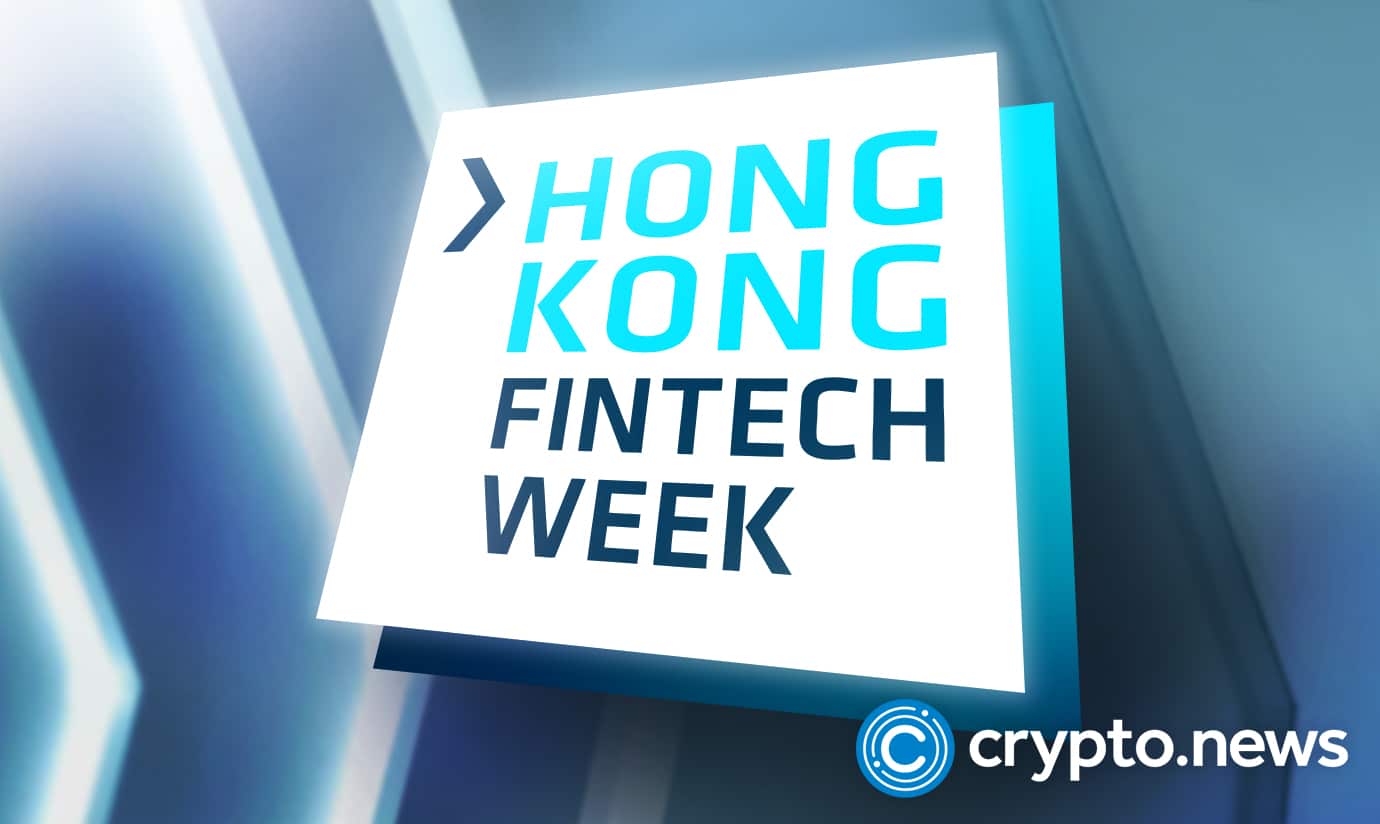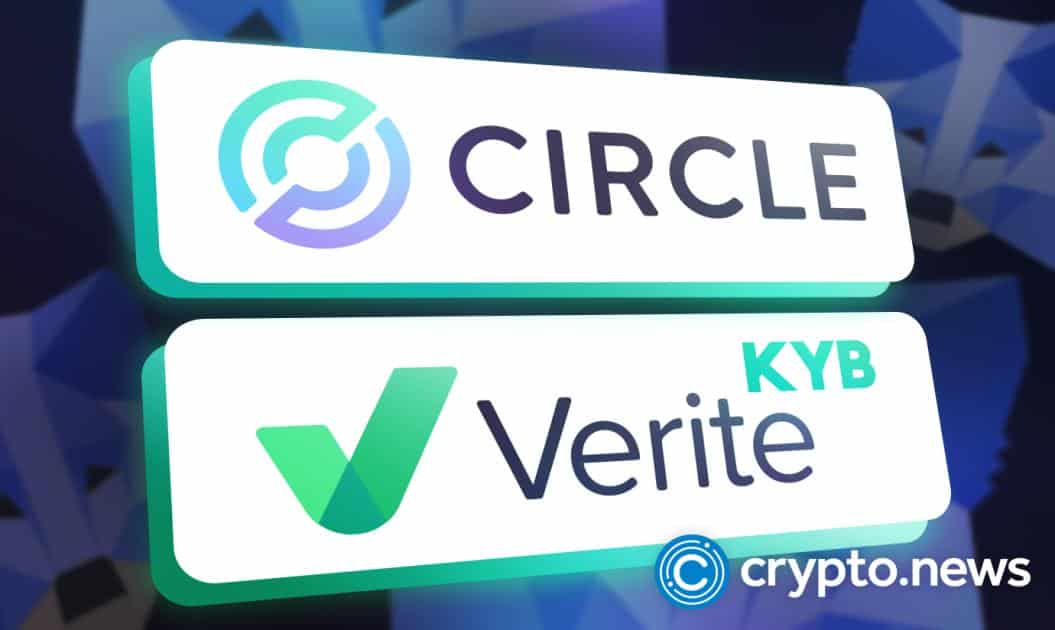2021-10-27 18:00 |
The core of cryptocurrency is financial freedom and independence. The larger crypto space has also become a place where marginalized communities have empowered themselves, both socially and financially.
Research from the United States shows that minority communities invest more in cryptocurrencies than their majority, white counterparts.
A poll published by USA Today conducted in August by Harris Poll found that 23% of Black Americans and 16% of Hispanic Americans own cryptocurrencies. By comparison, only 11% of white Americans own any digital coins.
Even more starkly, 25% of LGTBQ Americans own crypto, compared to only 13% of the general public in the U.S.
This is only one poll looking at roughly 4% of the world’s population. However, it speaks to what crypto offers that traditional finance doesn’t — inclusion.
When you look at the global picture, the exclusion from the global economy is massive. As of 2021, there are around two billion people worldwide who don’t have access to financial services.
This is mainly because traditional service providers are not storing their financial data. This makes “proving” their ability to be “financially sound” difficult.
A financial system designed by and for the majorityHowever, it’s not only a lack of access to approved resources that holds people back. Traditional finance has a long history of excluding minorities or at least making it harder for them to access services.
Most discussions on this topic happen in relation to the U.S. However, it is also the case in other regions across the world. In these cases, those considered “minorities” may not only refer to people of color. Rather it could refer to specific ethnic groups, religious identities, immigrants, or, more generally, those who fall outside the group with the most economic power.
Not even a minorityIn fact, they may not statistically be a minority at all. In some cases, the majority face exclusion at the benefit of a wealthy, more powerful minority.
For example, in South Africa, a 2014 study by The World Bank found that black and colored (a defined ethnic group) people were less likely to have access to regulated financial resources than the white minority. This, even though legal discrimination of races under apartheid ended 20 years earlier.
Social frameworks impacting economic accessThe ability to exclude even a majority of people from financial services indicates how the social frameworks around which the economy and financial assets are built contribute to wealth inequality. Even if there are legal frameworks in place intending to ensure equity.
For example, in India, the caste system plays a role in economic opportunities. Those from a lower caste often face discrimination when it comes to hiring. This leads to a financial gap that keeps social mobility and equality an impossible goal.
This results in people being forced into low-paying jobs. It also makes access to resources like credit, loans, and other assistance unattainable.
Not just the poorHowever, being from a “higher” socio-economic background doesn’t ensure access either. As a result of specific social dynamics, even those born into wealthier families face discrimination because of other aspects of their identity.
The LGBTQIA+ community routinely faces discrimination even if they have well-paying positions.
A 2014 report by the LGBTQ poverty initiative in the U.S. outlined how actions like refusal of gender-affirming documents for trans people affect their financial access. For example, without the right documents, it would be impossible to apply for a credit card.
These are just a few examples of how the traditional financial system has specific barriers and biases built into it.
How Web 3 promises to remove these barriersAs a result of these extensive barriers to entry, it is not surprising that groups who have long been refused services are more willing to turn to the expanded crypto world.
“Traditional financial systems have excluded almost a quarter of the world population, and crypto has the potential to solve this problem,” says Jori Armbruster, CEO & Co-founder at EthicHub.
Even looking at which countries have higher rates of bitcoin adoption hows how on a macro-level, exclusion has spurred interest in alternatives.
While global superpowers like the U.S. make the list of top holders, it is mostly among countries that fall under “developing” or “lower-middle-income.”
In a 2021 survey by Statista, Nigerians were most likely to say they own or use cryptocurrencies. Next on the list were Vietnam and Phillippines.
In addition, this crypto use does not just mean buying and holding. Instead, it extends to play-to-earn blockchain games, NFTs, and global crypto remittances.
“It’s the GameFi trend that is the trojan horse for crypto mass adoption. For example, crypto game Axie Infinity is helping thousands of people in the Philippines and other marginalized communities around the world open a financial account to receive rewards that are higher than the real world working options available to them,” says Armbruster.
DeFi creating access to necessary financial toolsAs it has been illustrated, traditional finance was built with bias and exclusion in its foundations. This is where decentralized finance departs.
Without control, there is little way to discriminate. Even if all the creators of a specific DeFi protocol have a homogenous identity, they have no way to impose restrictions through the blockchain on specific users.
“DeFi does not care who you are, where you are from, and what you have to offer. It is for everyone. As long as you’re connected to the internet, you can get access to all the financial services without the need to create an account or sign up for a package,” says Pratik Gandhi, Head of Marketing & Growth, Covalent.
“Traditionally, financial institutions were set by the wealthy and the upper class. In DeFi, the rules were set by common people,” he says.
Lending money on equal ground with cryptoThis bias towards those who already have wealth is what keeps the discriminatory structures in place. Joah Santos, CMO of Aldrin, outlines how this problem perpetuates itself:
“I feel the problem is deeper than most think. It is much bigger than the unbanked. A wealthy gentleman walks into a bank for a loan on a $10 million condo project. The bank lends that money out of thin air, just some adjustments on their ledger. In essence, putting money, they don’t have into an asset class which in turn increases the value of other projects in that asset class. Less land available, more expensive land gets. Another person wants a $10,000 small business loan in a low-income area he lives in. The likelihood of him getting approved is small. That, in turn, has a negative effect of bringing new capital into areas that need it,” he explains.
“Then the housing bubble pops every decade or so due to artificially inflated valuations thanks to over-lending of the banks. This causes higher inflation which hurts the working class, and the real estate moguls see their portfolio valuation start to increase again. This is the cycle that DeFi stops. DeFi can not lend out money that is not deposited. That alone already helps weaken the vicious cycle they are in,” he says.
NFTs proving how gatekeeping can be dismantledFinancial inclusion is not the only way the crypto community is a more open space.
Non-fungible tokens (NFT) have grown immensely in 2021, not only in profits but also in the number of people involved. Artists across the world, from a wide range of communities, have been selling NFTs. They have fostered diverse communities, building each other in ways not often seen outside this digital realm.
“I think the NFT community provides some exciting opportunities for a more diverse community simply because the challenges posed by gatekeeping seem less applicable within a digital space. Artists are not as restricted by things like the cost of art materials, studio space, and shipping, which can often create a sort of elitist frame of accessibility and which excludes people within a classist framework,” says Lauren YS, an NFT and DoinGud launch artist.
“Digital work is also not as dictated by the structures of clout, background or the social element of the art world, which seems like it would level the playing field in some senses for creators to enter from more diverse backgrounds without a long history of say, white cis-male influence creating a threshold of “shoulders to stand on,” as it were. Artists represent themselves, rather than having to rely on curatorial forces to represent them, many of which often fail to be inclusive or representative of a diverse community,” they explain.
Creating inclusive spaces in cryptoWhile elements of the crypto world inherently lend themselves to inclusion, active participation is also necessary. Members of historically marginalized groups are putting in the work to make these spaces inclusive as they are building them.
“With the right nurturing, NFTs and the metaverse provide limitless possibilities to redefine identities in the future to eradicate norms (separation, hierarchy, manipulation) that exist for marginalized communities today. IRL or in the metaverse, people will always coalesce around communities or spaces where they feel safest and encouraged,” explains Micaela Ruiz, DoinGud, Creator, Community Builder, and Curator.
Ruiz’s work with the platform DoinGud specifically relates to making inclusion and equality the basis for the platform.
“I think the LGBTQIA+ collective is finding its way, just like it’s done throughout history. What I see is more and more projects building with those opportunities and representation in mind,” she says.
“Part of my role at DoinGud is ensuring that our ecosystem is built with these ideas from the basis, providing equal opportunities to everyone. Starting with accessibility, visibility, to inspiration and representation, we can make sure that the spaces we build are always a reflection of the society we want to live in,” she says.
Not without room for improvementWhile the decentralized space is clearly pushing back against the boundaries set up by traditional finance, this always room for improvement.
While there are women and LGBTQIA+ people in positions and communities across DeFi, many of the most well-known names are still men. This isn’t specifically a problem in DeFi alone, but rather the crypto world in general.
However, those already in the space regularly discuss this issue. Which means there is encouragement for change. In fact, there are many in the space actively recruiting and helping onboard others.
Another impediment is the cost of participation. Minting NFTs or participating in DeFi still costs a significant amount. Gas fees can fluctuate but it still requires substantial capital to participate.
Projects are working on improving this, with layer two solutions being a better option for those who can’t spend upwards of $100 on fees. However, for mainstream adoption and even more inclusion, these solutions will likely need to become simpler.
The post Building Web 3 for Everyone — Marginalized Communities Are Defining Their Space in the Metaverse appeared first on BeInCrypto.
origin »Bitcoin price in Telegram @btc_price_every_hour
SpaceCoin (SPACE) на Currencies.ru
|
|















